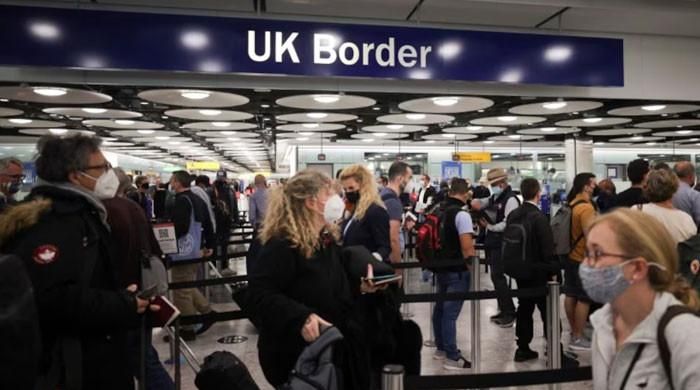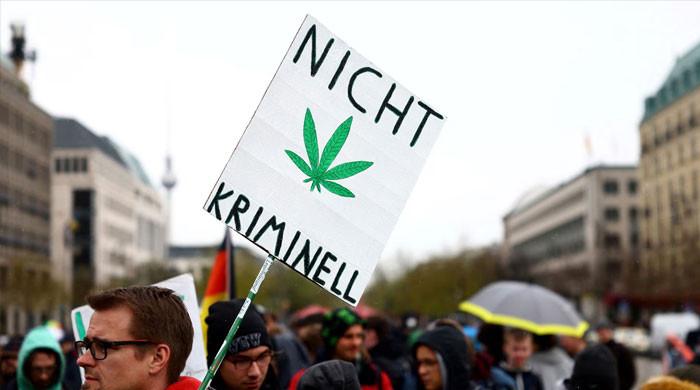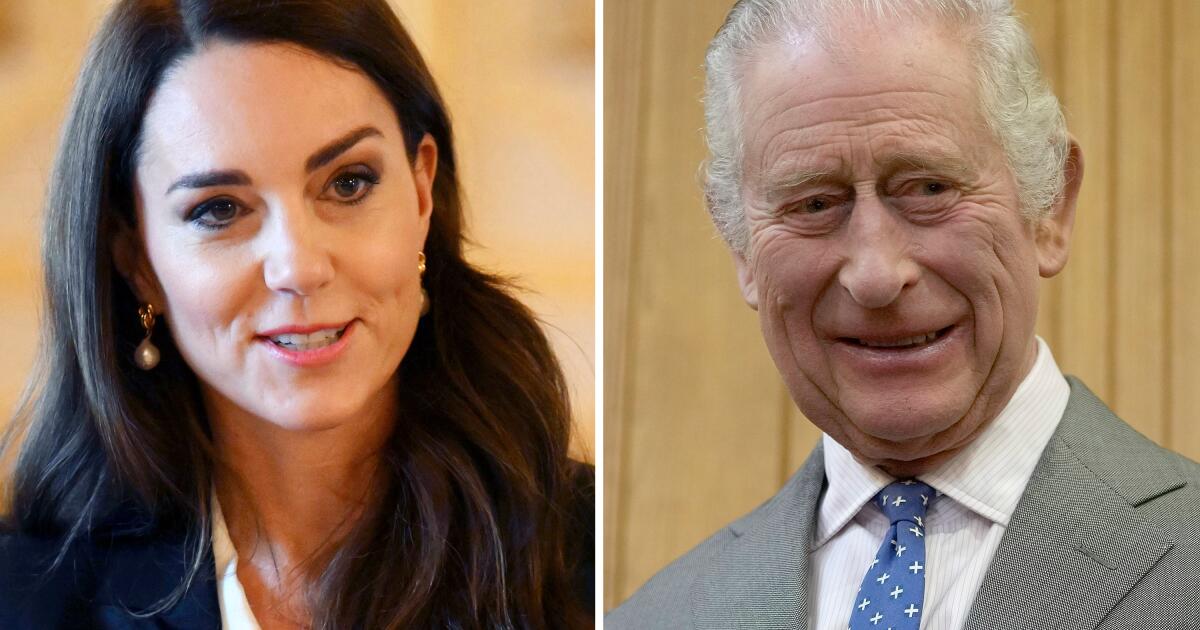Travelling to the UK will no longer be as easy in 2025 as it once was because the country plans to implement a new travel rule next year for European travellers.
The travel rule, aimed at EU citizens, will make visiting the UK a little more complicated for European travellers, who currently do not need a visa or fee to travel to the country.
However, these travel benefits will end as early as April 2025, according to CNN.
According to a recent announcement by the UK government, Europeans travelling without a visa will be required to pay a £10 visa waiver fee to enter the country.
The new rule, which does not apply to British or Irish citizens, will be implemented as part of the country's aim to digitise its border and immigration system with an electronic travel authorisation (ETA) scheme.
The non-refundable fee will apply to all visitors to the UK, including infants and children, without a visa or permission to live, work or study, under plans announced by UK Home Secretary Yvette Cooper.
Currently, citizens of Bahrain, Kuwait, Oman, Qatar, Saudi Arabia and the United Arab Emirates must apply for an ETA before entering the UK.
However, in a recent announcement by the UK Home Office, Minister for Visas and Immigration and Migration and Citizenship Seema Malhotra confirmed that this will be extended to include Europeans in April 2025.
He also confirmed that, before Europeans, this requirement will be extended to most other nationals, including Americans, starting November 27.
What do the ETA do?
ETAs are digitally linked to a traveller's passport and ensure enhanced security checks are carried out before people begin their journey to the UK, helping to prevent abuse of the country's immigration system.
“Digitisation enables a seamless experience for the millions of people who pass through the border every year, including the visitors we warmly welcome to the UK who are expected to contribute more than £32 billion to our tourism economy this year,” said Malhotra.
He added: “ETA's global expansion demonstrates our commitment to improving security through new technologies and the incorporation of a modern immigration system.”












